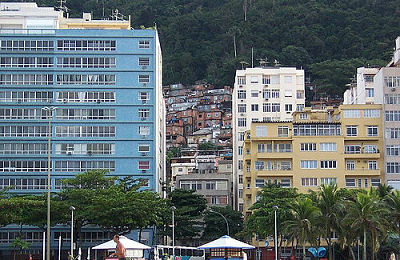The Cost of Living in Brazil

The cost of living in any country is a direct result of inflation and the economy. As of June 2017, $1 is equivalent to 3.31 Brazilian real. The cost of living in Brazil does not seem to be high for everyday products such as fruit, bread and eggs when compared to prices in the United States. The costs tend to differ more when it comes to mortgage rates, and gasoline and other imports.
Brazilian cities were more expensive in 2011 than cities such as Los Angeles, New York City, Berlin, Miami, Abu Dhabi and Luxembourg. The inflation rate was 6.5%, while the rate in the U.S. was 3%. The real should have become cheaper, not more expensive. This caused the cost of living in Brazil to rise.
By 2016, the economic situation had not changed much. Brazil, which had been the fifth-largest world economy when it won the Olympics, dropped to the ninth-largest economy after a significant decline in its gross domestic project. It went into its worst recession since the 1930s.
High taxes, poor infrastructure and low labor productivity have contributed to what is known as “Custo Brasil” (“Brazil cost” in English)– which refers to the increased costs associated with doing business in Brazil. It is likely that these costs directly impact the cost of living in Brazil.
The 2016 Olympic Games in Rio de Janeiro was expected to add to the economy while bringing Brazil out of the recession. With an influx of tourists’ spending money, the demand and supply for products should have increased.
More than 400,000 tourists came in for the Olympics and spent about 425 real per day; those 760,000 Brazilians who attended spent an average of 310 real per day. In total, the Olympics generated over $100 million in tourism revenue alone, based on the exchange rate as of August 2016.
Although the total amount of revenue generated remains unknown, companies spent more for the 2016 Rio Olympics than they did in Beijing in 2008 and in London in 2012. Between the revenue from tourism and sponsors, Brazil’s official inflation rate ended 2016 at its lowest level since 2013.
The central bank expects the cost of living to decelerate, with significant decreases having already occurred in the past few months. Brazil is expected to end 2017 with inflation below its target for the first time since 2009.
– Stefanie Podosek
Photo: Flickr
